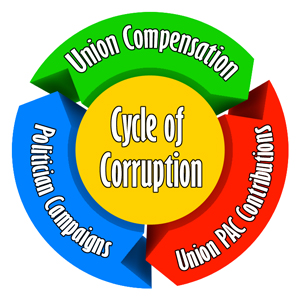From The Telegraph:
MPs of all political colours paid tribute to David Cameron’s role in securing the United Nations resolution on Libya.
They talked glowingly of Mr Cameron’s “breathtaking courage,” and his “superb leadership.” Even those who admitted they had doubted the Prime Minister were forced to admit he had brought off a “remarkable diplomatic success”.
In the eyes of some, Mr Cameron has come a long way in fewer than three weeks – from naïve novice to bold statesman. The Prime Minister took a few days to consider his options on his return from a trip to the Middle East late last month, but soon backed President Nicolas Sarkozy’s early call for a no-fly zone in Libya. He probably wished he had not as the call was waved away by serious international politicians.
Mr Cameron was mocked for speaking out with no less a figure than Robert Gates, the United States defence secretary, condemning the “loose talk”.
But as he travels to Paris this morning for a meeting of the European Union and Arab League, the Prime Minister has a right to feel vindicated. In No 10 there is barely-concealed delight at how the cards fell his way in spectacular fashion.
It has led to comparisons with Margaret Thatcher’s committed, determined and clear-headed view when the Falkland Islands were invaded, when she too was a relative newcomer to the world stage.
It is of course too early for those comparisons, but Mr Cameron finds his standing enhanced, not diminished as some had feared, by his attitude to tackling Gaddafi.
Mr Cameron’s final diplomatic push began on Wednesday. He spoke to the King of Saudi Arabia, the Crown Prince of Abu Dhabi, and the prime ministers of Qatar and Canada.
The following day he turned his attention to the King of Jordan, the president of South Africa, the German chancellor, Denmark’s prime minister and got a message to the president of Nigeria (who was out of telephone contact).
But as the UN prepared to vote, and despite another round of intensive phone calls, the worry on Thursday night was that China could yet persuade some African nations to block the resolution.
Those fears subsided when the resolution was passed. Mr Cameron’s deft handing of the past week had paid off.
Read the whole thing here. So, let’s get this straight. The UK PM led the international community on getting the UN Resolution passed? Where was the U.S.–oh right, its March Madness. We’re still skeptical that intervention is the right course of action, but how long has it been since the U.S. followed the lead of the U.K. and Europe?

COMMENTS
Please let us know if you're having issues with commenting.